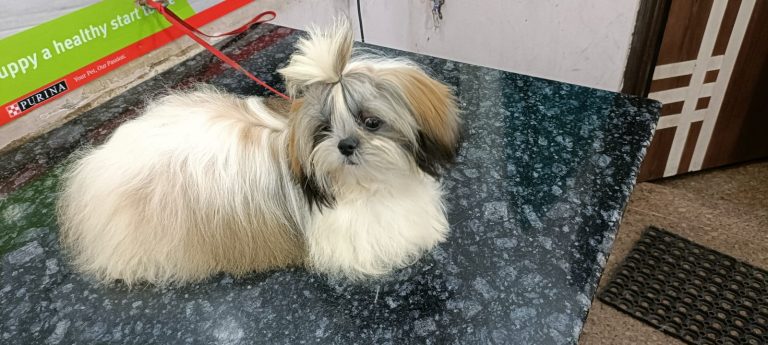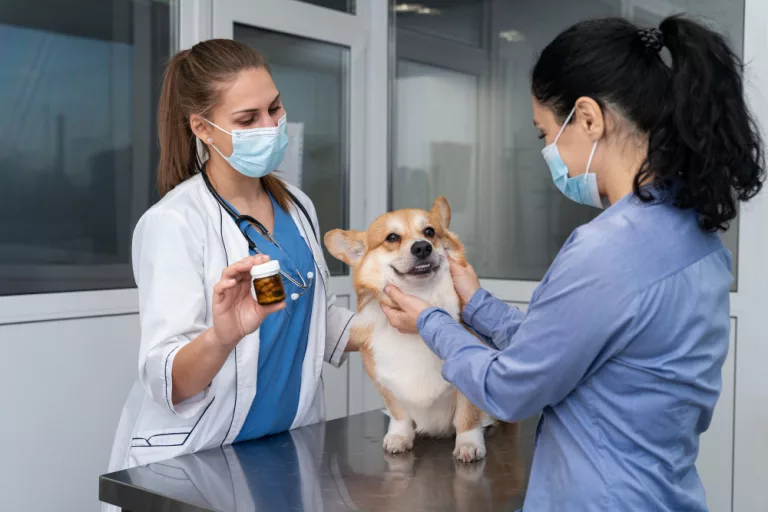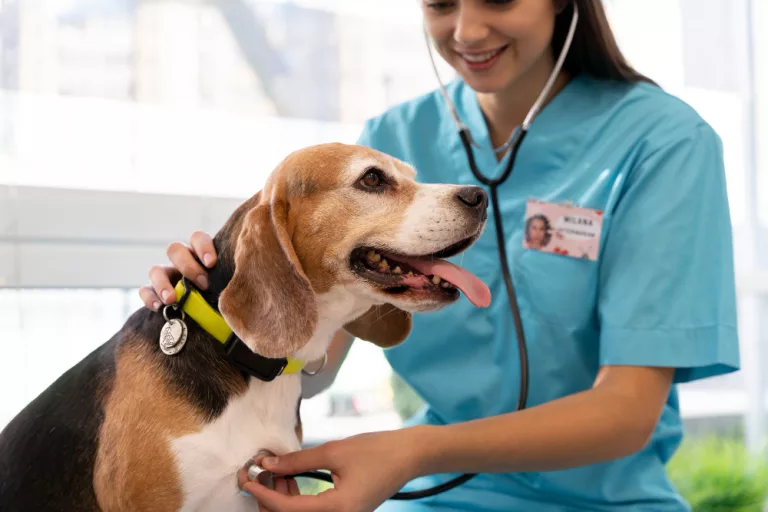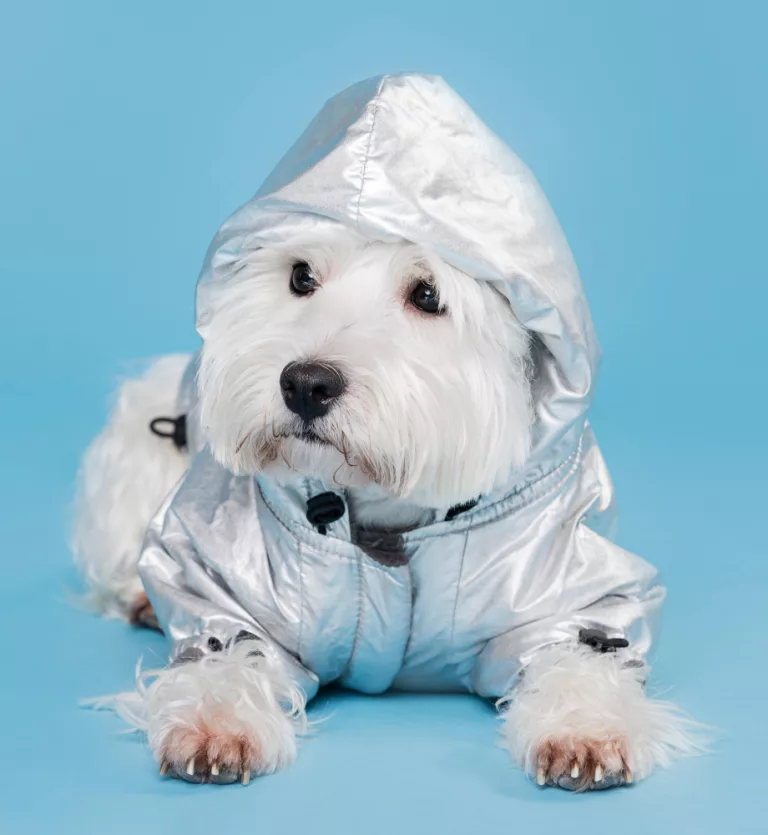Regular Brushing for a Healthy Coat
A well-groomed coat is not only aesthetically pleasing, but it also plays a crucial role in your pet's overall health. Regular brushing helps remove loose fur, prevents matting, and distributes natural oils, promoting a healthy and shiny coat. The type of brush you use depends on your pet's coat type, so consult with a professional or a veterinarian to determine the best brush for your pet. Remember to be gentle and patient, especially if your pet has a long or thick coat, and reward them with treats and positive reinforcement for a positive grooming experience.
Oral Care for Fresh Breath and Healthy Teeth
Just like humans, pets also need regular oral care to maintain fresh breath and healthy teeth. Brush your pet's teeth with a pet-specific toothbrush and toothpaste, or use dental chews, water additives, or dental diets recommended by your veterinarian. Regular oral care can prevent dental issues such as plaque, tartar, gum disease, and tooth loss, which can impact your pet's overall health and well-being.
Professional Grooming for Expert Care
While DIY grooming is essential, professional dog grooming can provide expert care and specialized services for your pet's specific needs. Consider taking your pet to a reputable dog grooming salon, such as VetsforPets Shop, for a professional grooming experience. Professional groomers are trained to handle various coat types, breeds, and temperaments, and can provide services such as breed-specific cuts, mat removal, teeth brushing, and more. They also have the right tools, equipment, and products to ensure your pet's safety and comfort during the grooming process. Additionally, professional groomers can detect any skin, coat, or health issues that may require veterinary attention, allowing for early intervention and prevention.
Regular Health Checks for Overall Well-Being
Grooming is not just about keeping your pet looking good, but also about maintaining their overall health and well-being. Regular health checks are essential to detect any underlying health issues early on. During your pet's grooming session, take the time to inspect their skin, coat, eyes, ears, teeth, and nails for any signs of abnormalities such as redness, swelling, discharge, lumps, or wounds. If you notice anything unusual, consult your veterinarian for proper evaluation and treatment.
Regular Maintenance for Long-Term Grooming Success
Grooming is not a one-time event, but a regular maintenance routine for your pet's long-term grooming success. Create a grooming schedule based on your pet's specific needs, such as brushing, bathing, nail trimming, and professional grooming appointments, and stick to it consistently. Regular maintenance ensures that your pet's coat, skin, nails, ears, and teeth are well-groomed and healthy at all times.
Proper Nail Care for Happy Feet
Long nails can cause discomfort, pain, and even affect your pet's posture and mobility. Therefore, regular nail trimming is crucial for your pet's well-being. Use specialized pet nail clippers and trim just the tips of the nails, avoiding the quick (the pink part of the nail that contains blood vessels and nerves). If you are unsure about how to trim your pet's nails, seek guidance from a professional groomer or your veterinarian to avoid causing any harm to your pet.
Bathing for a Clean and Fresh Pet
Regular bathing is essential to keep your pet's skin and coat clean and healthy. Use a mild pet-specific shampoo and warm water, and follow the bathing instructions based on your pet's coat type, breed, and skin condition. Avoid using human shampoos or harsh chemicals, as they can cause skin irritation and dryness in pets. After bathing, thoroughly rinse and dry your pet, especially in their sensitive areas such as ears, paws, and underbelly, to prevent moisture-related issues.
Clean Ears for a Healthy Pet
Pet's ears are prone to dirt, debris, and wax build-up, which can lead to infections if left unattended. Regularly clean your pet's ears with a gentle ear cleaning solution and cotton balls or pads. Avoid using cotton swabs or inserting anything into the ear canal, as it can damage the delicate ear structures. If you notice any signs of redness, discharge, or foul smell, consult your veterinarian for proper evaluation and treatment.
Positive Reinforcement for a Stress-Free Grooming Experience
Pets may feel anxious or stressed during grooming, especially if they are not used to the process. Therefore, it's important to create a positive and stress-free grooming experience for your pet. Use positive reinforcement techniques such as treats, praise, and rewards to encourage good behavior and make grooming a pleasant experience for your pet. Start with short sessions and gradually increase the duration as your pet becomes more comfortable. If your pet exhibits signs of stress or discomfort, such as panting, trembling, or trying to escape, stop the grooming session and try again later or seek professional help.
Stay Informed and Educated about Pet Grooming
Pet grooming techniques and products may evolve over time, so it's important to stay informed and educated about the latest trends and practices. Keep up-to-date with reputable sources, such as veterinary websites, professional grooming associations, and trusted pet care providers like VetsforPets Shop. Stay knowledgeable about different coat types, breed-specific grooming requirements, and potential grooming issues to ensure you are providing the best care for your pet.











